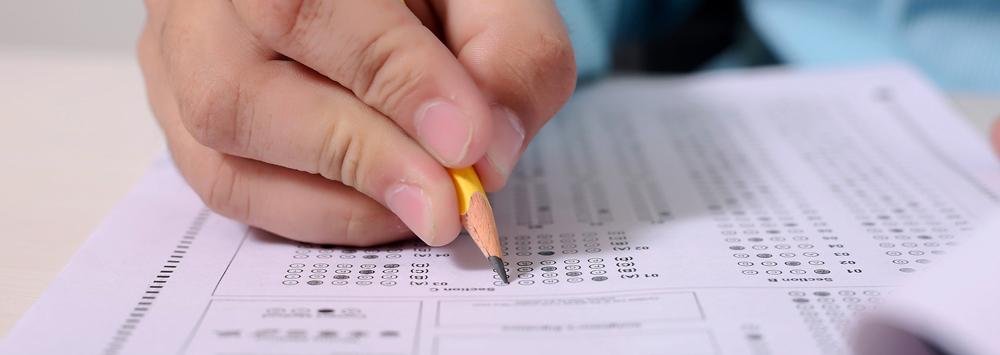Benefits
Whilst we cannot ever design assessments that are wholly “cheat proof” we can take certain steps to reduce the likelihood of students engaging in academic misconduct through our choice of assessment methods and their implementation.
Putting it into practice
Firstly we can take some simple steps to support students to comply with AI policies. By providing formative assessment opportunities for all summative assessment tasks and avoiding bunching of assessment deadlines across concurrent modules we can reduce both performance and time pressure on students that can lead them to feel the need to cheat (see our guide on Academic Integrity in Curriculum Design).
We can also choose our assessment methods carefully, considering the format in which they take place and update the content regularly. View the Assessment Methods.
Challenges
There are always opportunities for students to cheat, and companies that are willing to take advantage of the pressure students can be under both financially and personally to obtain a good degree classification. The best tool at our disposal to limit these practices is to educate our students with regard to academic integrity, support them in their learning and model the five fundamental values in our own research and teaching practice.
References
Baume, D. & Amrane-Cooper, L. (April 2020). Assessment when conventional examinations are not possible.
Brown, S. & Sambell, K. (2nd April 2020). Fifty tips for replacements for time-constrained, invigilated on-site exams.
Brown, S. and Sambell, K. (1 June 2020). The changing landscape of assessment: some possible replacements for unseen time-constrained face-to-face invigilated exams.
Foltýnek, T., Meuschke, N., Gipp, B. (16 October 2019). "Academic Plagiarism Detection: A Systematic Literature Review". ACM Computing Surveys. 52 (6): 1–42.
Gasparyan, A. Y., Nurmashev, B., Seksenbayev, B., Trukhachev, V. I., Kostyukova, E. I., & Kitas, G. D. (2017). Plagiarism in the context of education and evolving detection strategies. Journal of Korean medical science, 32(8), 1220-1227
International Center for Academic Integrity. (2014). The Fundamental Values of Academic Integrity.
University of Liverpool (2019) Code of Practice on Assessment Appendix L: Academic Integrity Policy.
Help and Feedback
Can you help us improve this resource or suggest a future one? Do you need this resource in an alternative format? Please contact us at cie@liverpool.ac.uk

Academic Integrity and Assessment by Ceridwen Coulby is licensed under a Creative Commons Attribution-NonCommercial 4.0 International License.
